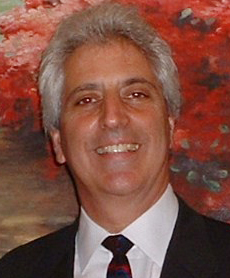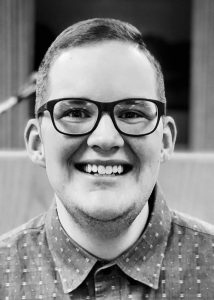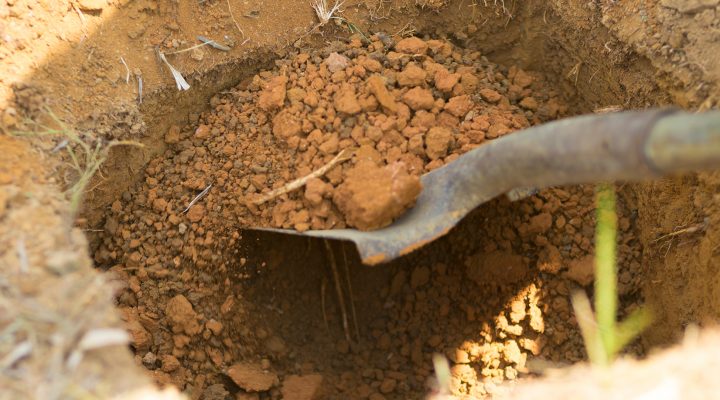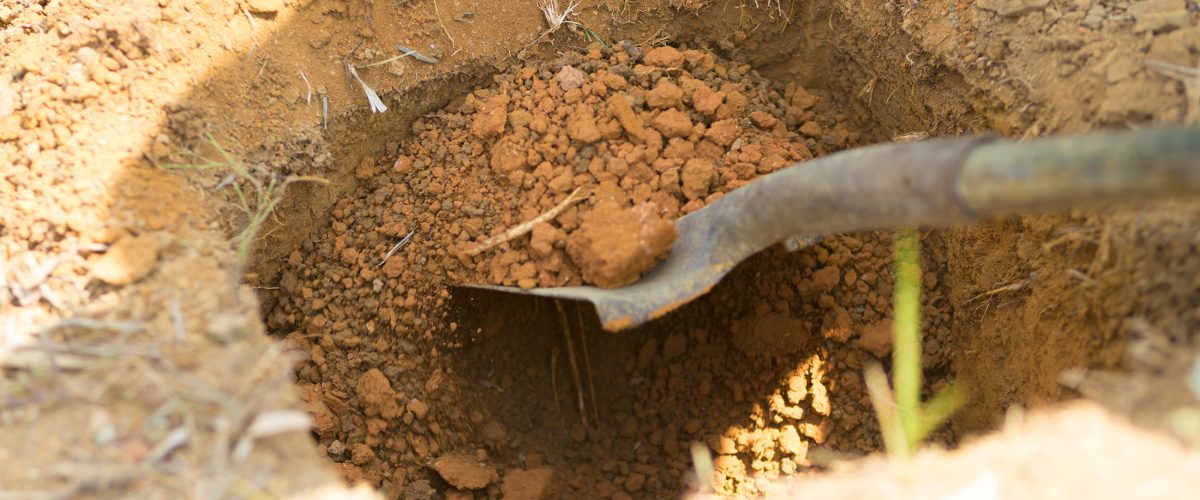“When you find yourself in a hole, stop digging!”
So goes the old American proverb, also known as the “Law of Holes,” about making one’s situation worse when already in a difficult predicament that first appeared as an aphorism in the pages of The Washington Post in 1911.
That adage seems apt given new developments in the federal court case USA v. Queen, involving former Southwestern Seminary interim provost and evangelism professor Matthew Queen. On May 21, the U.S. Department of Justice announced it had charged Queen with obstruction of justice through falsifying records and failing to notify the FBI of a conspiracy related to an instance of sexual abuse. The indictment from a grand jury in the U.S. Southern District Court of New York alleges Queen sought to obstruct a federal investigation by forging notes and lying to investigators about a conversation between two employees regarding a case of alleged sexual abuse.
Southwestern Seminary’s police department allegedly failed to report a criminal sexual act to the Department of Justice in conjunction with a federal subpoena. Queen is accused of falsifying notes of a conversation related to the alleged act of abuse after Terri Stovall, Southwestern’s dean of women, created a document outlining the Southwestern Seminary’s former police chief’s failure to act on the allegation.

Matthew Queen
On Jan. 26, 2023, after a service of worship in MacGorman Chapel, Stovall, Queen and former Southwestern Chief of Staff Heath Woolman held a meeting and conducted a conversation. Woolman allegedly directed Stovall to destroy the document and make it “go away.” Queen is accused of having forged notes and lying about Woolman’s directive for Stovall to destroy her document. Queen disputes that account.
Last week, Queen’s attorney, Sam A. Schmidt, issued a letter reply to the government’s petition to the court for a protective order to prevent Queen and his attorney from releasing discovery materials in the case to Queen’s church (which has placed him on leave due to the ongoing nature of the investigation) and the press, which Schmidt alleged has misrepresented his client. In that letter, Queen says he believes God spoke to him in a dream, which caused him to change his account of events to the government and create the offending document that led to his charges after being told by the seminary’s legal counsel “to pray and meditate to remember.” Afterward, he “woke up from a dream believing he remembered more” of a conversation about which he is alleged to have falsified records.
Schmidt also alleges the government defamed Queen with its May 21 press release.
Now, new letters to the court from the government and Queen arguing over the prospect of a protective order offer new insights into the government’s consternation with the former professor.

Sam A. Schmidt
In a court document filed Friday, July 26, the government replied to its petition to issue a protective order to stop Queen from releasing materials to the press and his employer because doing so may jeopardize their investigation and reveal the identity of witnesses and victims. They also appealed to past legal precedents and argued, “It is well-established that there is no presumption of access to materials exchanged in criminal discovery.”
Schmidt disagrees, noting in his letter that “there are only two or three potential subjects of this investigation, and each of them are very aware that they are potential subjects.”
In its reply, the government quipped: “Respectfully, the defendant has no basis on which to opine about the nature, scope or breadth of the government’s ongoing investigation.”
In an interview with BNG last week, Schmidt indicated Queen was not seeking to share the discovery materials with his church or the press, but only pertinent information he thinks will clear his name because of being placed on leave by his church and broad misrepresentations he believes have come from the government and the media.
Schmidt asserted in his new July 26 letter reply to the government that BNG had “obviously misinterpreted” his previous response to the government petition “because he only testified once after he remember (sic) additional information.”
While Schmidt may be using the word “testify” in the technical sense of appearing before the grand jury, BNG has confirmed that Queen was interviewed by the government multiple times and changed details of his story in nearly every meeting. This was confirmed via examination of court documents, interviews with several individuals familiar with the investigation, and cross-referencing statements by the prosecution, defense and seminary. All this information was compiled into an exhaustive timeline BNG published in a story on the setting of Queen’s trial date.
In a scathing reply to Schmidt’s initial letter to the court, the government argued: “The defendant proposes publicly and selectively disseminating materials to which there is no presumption of public access in an effort to support his evolving explanations for his conduct. … This impermissible use of criminal discovery must be prohibited.”

David Bumgardner
David Bumgardner is a graduate of Southwestern Seminary’s Texas Baptist College and is a former BNG Clemons Fellow.
Related articles:
Former seminary administrator pleads not guilty, is placed on leave by his NC church
Former Southwestern administrator indicted for falsifying sexual abuse records
Court transcripts show former professor charged in FBI probe may seek plea, suppression or dismissal
Dockery comments on indictment, names two other employees involved


